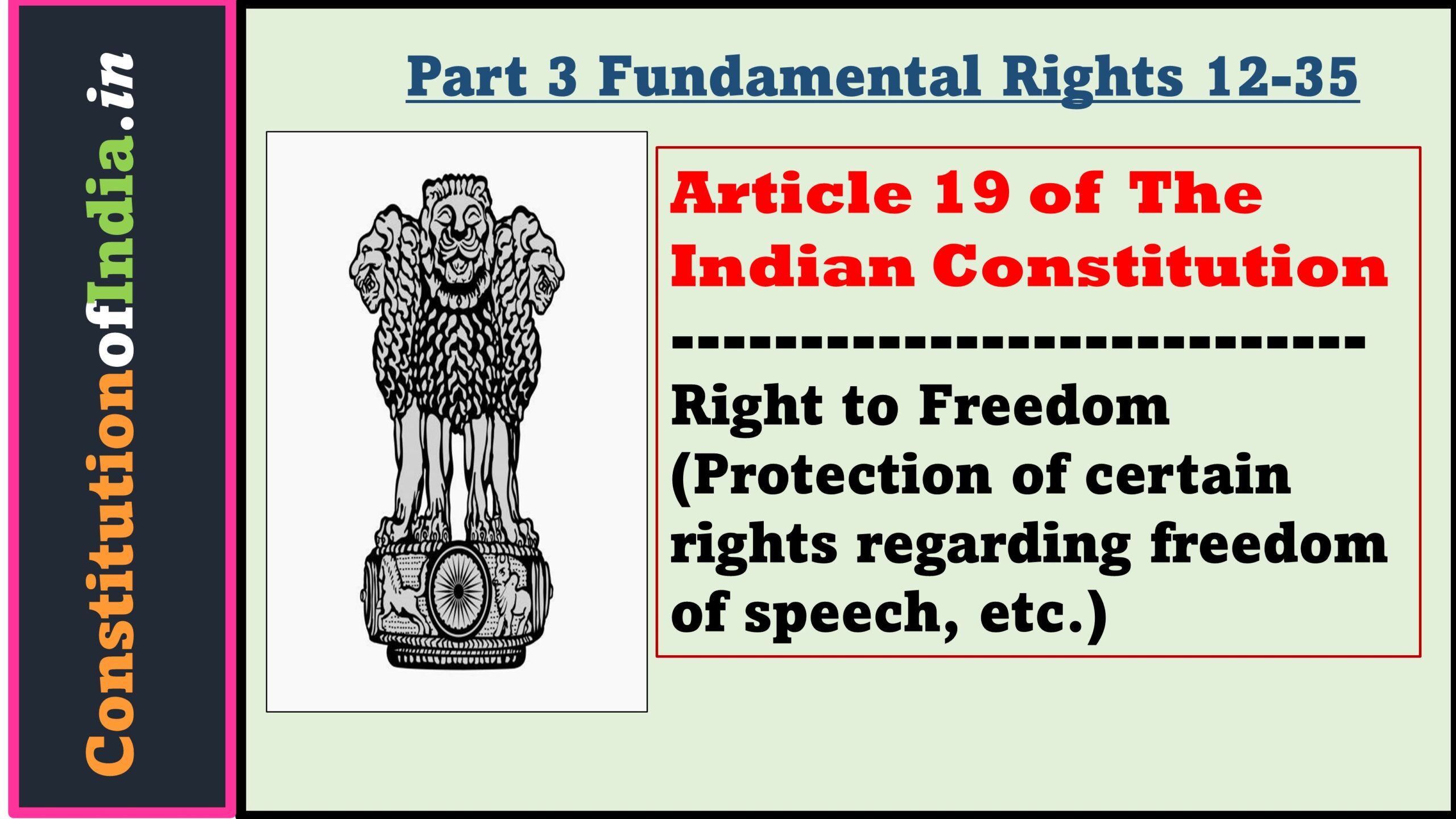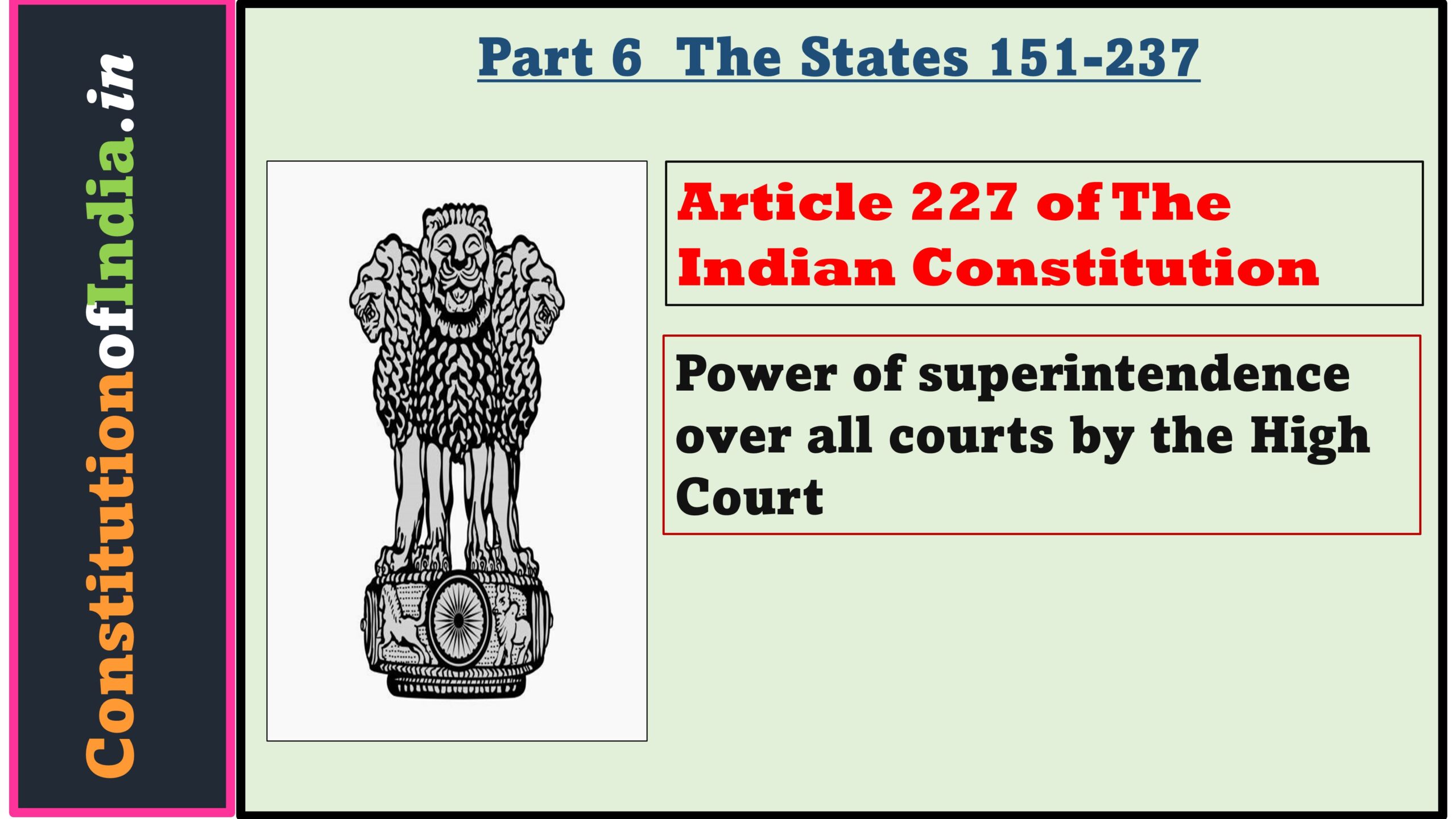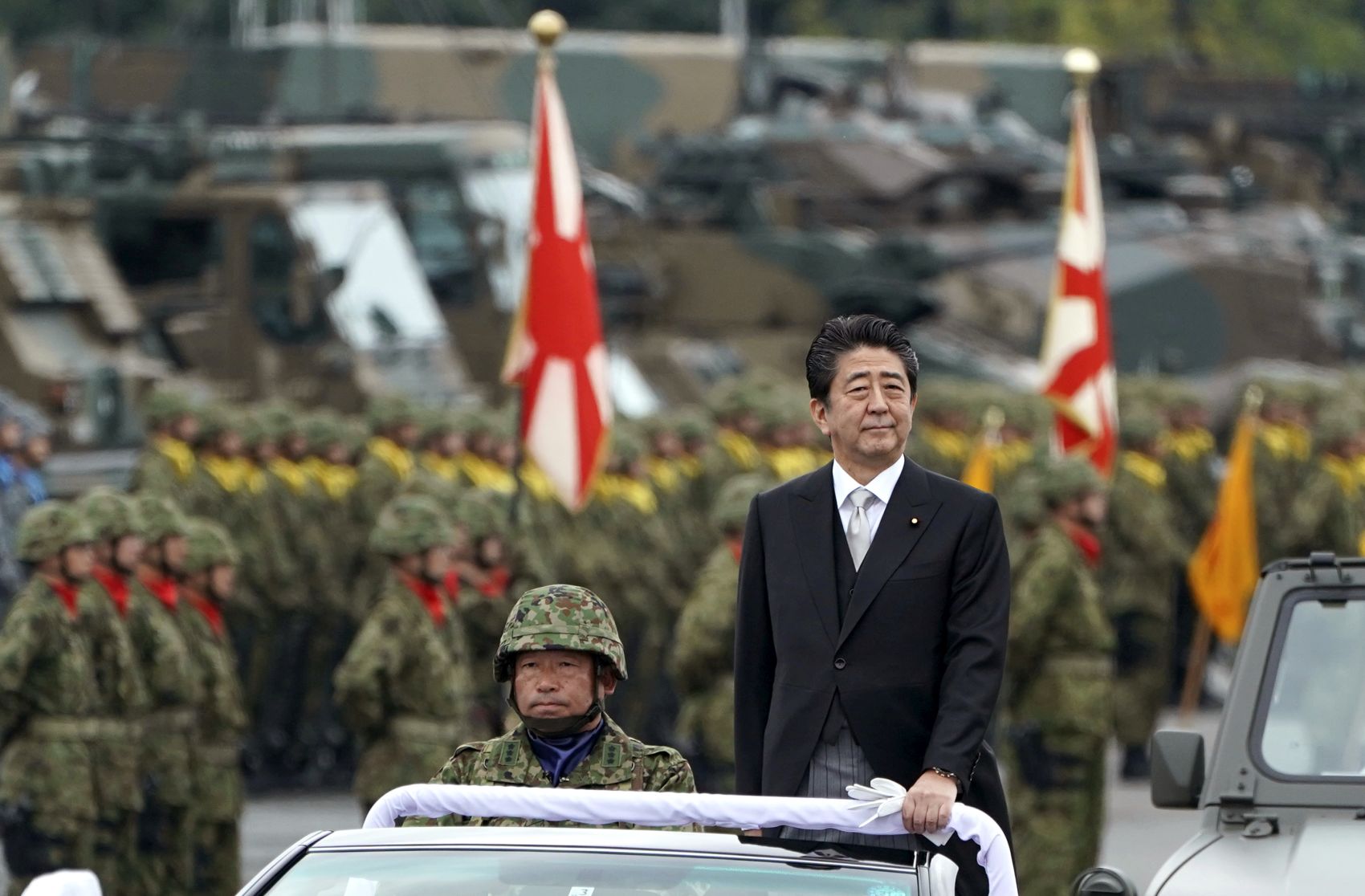After the devastation of World War II, one of the key goals of the Japanese people was to prevent a similar tragedy from ever happening again. As a result, they created a new constitution that would enshrine the fundamental rights and freedoms of all Japanese citizens. One of the most important of these freedoms is the freedom of expression and assembly, which is guaranteed by Article 21 of the Japanese Constitution.

Article 9 Japanese Constitution Amendment - Meaning of Something - Source meaning-something.blogspot.com
Article 21 of the Japanese Constitution states that:
“Freedom of assembly and association as well as speech, press and all other forms of expression are guaranteed. No censorship shall be maintained, nor shall the secrecy of any means of communication be violated.”
This means that Japanese citizens have the right to express their opinions freely, whether through speech, writing, or any other means. They are permitted to assemble peacefully with other citizens and to form associations for any lawful purpose. These rights are essential to a free and democratic society because they empower citizens to criticize the government, to advocate for change, and to participate fully in the political process.
FAQ
This FAQ section provides answers to commonly asked questions about Article 21 of the Japanese Constitution, which safeguards the fundamental rights of freedom of expression and assembly.
Question 1: What constitutes freedom of expression under Article 21?
Article 21 protects various forms of expression, including speech, press, and other means of communication. It encompasses the right to express opinions, disseminate information, and engage in creative activities without prior censorship or interference from the government.

Article 19 of Indian Constitution Right to Freedom - ConstitutionofIndia.in - Source constitutionofindia.in
Question 2: Are there any limitations on freedom of expression?
While Article 21 guarantees broad protection, it also recognizes that certain restrictions are necessary to maintain public order and protect the rights of others. Prohibited speech includes incitement to violence, defamation, and obscenity.
Question 3: What is the scope of freedom of assembly?
Article 21 guarantees the right to peacefully assemble and petition the government. This includes the right to organize meetings, rallies, and demonstrations. However, assemblies may be restricted if they pose a clear and present danger to public safety or order.
Question 4: Can the government censor or prohibit assemblies?
The government cannot censor or arbitrarily prohibit assemblies. However, reasonable regulations may be imposed to ensure public safety and order. These regulations must be narrowly tailored and applied in a non-discriminatory manner.
Question 5: What are the implications of Article 21 for the media?
Article 21 provides strong protections for the media, recognizing its essential role in a democratic society. The government cannot censor or control the content of news and commentary. However, the media is subject to certain ethical and legal responsibilities, such as the duty to report accurately and avoid defamation.
Question 6: How does Article 21 balance freedom of expression with other societal interests?
The Japanese Constitution carefully balances the right to freedom of expression with other important societal interests, such as public order, national security, and the protection of individual rights. Courts play a vital role in interpreting and applying Article 21, ensuring that these fundamental freedoms are not unduly restricted.
Summary:
Article 21 of the Japanese Constitution provides robust protections for freedom of expression and assembly. These rights are essential for a free and democratic society, allowing individuals to voice their opinions, engage in public discourse, and hold the government accountable.
Transition to the next section:
To learn more about the constitutional foundations of Japanese society, please refer to the next section, which explores the fundamental principles enshrined in the Constitution.
Tips under Article 21 Of The Japanese Constitution: Freedom Of Expression And Assembly
Article 21 of the Japanese Constitution guarantees the freedoms of expression and assembly. These freedoms are essential for a democratic society, as they allow individuals to express their opinions and to participate in the political process. Enjoying these essential rights comes with great responsibilities.
Tip 1: Exercise your rights responsibly and respectfully.
When exercising your rights to freedom of expression and assembly, it is imperative to do so in a responsible and respectful manner. Refrain from engaging in hate speech, incitement to violence, or other forms of harmful expression.
Tip 2: Be aware of the limits on freedom of expression.
While freedom of expression is a fundamental right, it is not absolute. There are certain limitations on freedom of expression, such as laws against defamation, obscenity, and incitement to violence. It is crucial to be aware of these limitations to avoid violating the law.
Tip 3: Respect the rights of others.
When exercising your freedoms of expression and assembly, always remember to respect the rights of others. Do not engage in activities that would prevent others from exercising their own rights, such as blocking access to public spaces or disrupting peaceful gatherings.
Tip 4: Be mindful of your online presence.
In today's digital age, it is important to be mindful of your online presence. What you post online can have a lasting impact on your reputation and career. Exercise caution when sharing personal information or expressing opinions that could be considered offensive or harmful.
Tip 5: Participate in the political process.
Freedom of expression and assembly are essential for a functioning democracy. Exercise your right to vote, run for office, and participate in political discourse. Your voice matters, and it is crucial to make it heard in the political process.
By following these tips, you can enjoy your freedoms of expression and assembly while respecting the rights of others and upholding the principles of democracy.
Article 21 Of The Japanese Constitution: Freedom Of Expression And Assembly
Article 21 of the Japanese Constitution, a cornerstone of Japanese democracy, enshrines the fundamental rights of freedom of expression and assembly.
- Expression (noun): Free expression of opinion through speech, press, and other means.
- Assembly (noun): Right to gather peacefully for public expression and debate.
- Guaranteed (adjective): Protected from government interference, with limited exceptions for public safety and order.
- Broad Scope (noun): Covers various forms of expression, including political, artistic, and religious.
- Historical Significance (noun): Rooted in Japan's post-World War II commitment to democratic values.
- International Recognition (noun): Aligned with international human rights conventions.
These aspects collectively safeguard the right to express diverse views, foster critical thinking, and promote democratic participation. For instance, Article 21 has been invoked to protect journalists' reporting, artistic expression in public spaces, and peaceful protests advocating for social change. Its broad scope ensures that these rights remain robust against potential encroachments.

Article 227 of Indian Constitution - ConstitutionofIndia.in - Source constitutionofindia.in

Article 9 Japanese Constitution Amendment - Meaning of Something - Source meaning-something.blogspot.com
Article 21 Of The Japanese Constitution: Freedom Of Expression And Assembly
Article 21 of the Japanese Constitution, enacted in 1947, guarantees the fundamental rights of freedom of expression, assembly, press, and association. This article is a cornerstone of Japan's democratic society, safeguarding the rights of individuals and groups to express their opinions and participate in political discourse without fear of censorship or reprisal.

Protecting Constitution true tribute to freedom fighter: Rahul on R-Day - Source www.business-standard.com
Freedom of expression and assembly are essential components of a democratic society as they allow for the exchange of ideas, the scrutiny of government actions, and the mobilization of citizens for political change. Without these freedoms, individuals would be unable to fully participate in the political process and hold their leaders accountable.
Throughout history, numerous examples demonstrate the importance of freedom of expression and assembly. In the United States, the First Amendment of the Constitution protects these rights, and has been instrumental in advancing civil rights, labor movements, and social justice causes. In Japan, Article 21 has played a crucial role in the development of a vibrant civil society, enabling citizens to voice their concerns and advocate for their interests.
Understanding the connection between Article 21 and the broader principles of freedom of expression and assembly is essential for comprehending the importance of these rights in a democratic society. These freedoms are fundamental to ensuring that citizens can actively shape their political system and live in a society where their voices are heard and their rights are protected.
Table: Key Principles of Article 21
| Principle | Description |
|---|---|
| Freedom of Expression | Individuals have the right to express their opinions and ideas without fear of censorship or punishment. |
| Freedom of Assembly | Individuals have the right to gather and assemble peacefully for political, social, or cultural purposes. |
| Freedom of Press | The press is free to publish and disseminate information without prior censorship or interference from the government. |
| Freedom of Association | Individuals have the right to form and join organizations, political parties, and other groups to pursue their interests. |
Conclusion
Article 21 of the Japanese Constitution is a crucial safeguard for the fundamental rights of freedom of expression and assembly. These rights are essential for a democratic society, enabling individuals to participate in political discourse, hold their leaders accountable, and advocate for their interests. Understanding the connection between Article 21 and these broader principles is vital for preserving and strengthening democratic values in Japan.
As we navigate the evolving political landscape, it is imperative that we remain vigilant in protecting freedom of expression and assembly. These rights are not merely abstract principles but living, breathing components of a just and equitable society. By cherishing and defending these freedoms, we ensure that the voices of all citizens are heard and that the future of democracy remains bright.